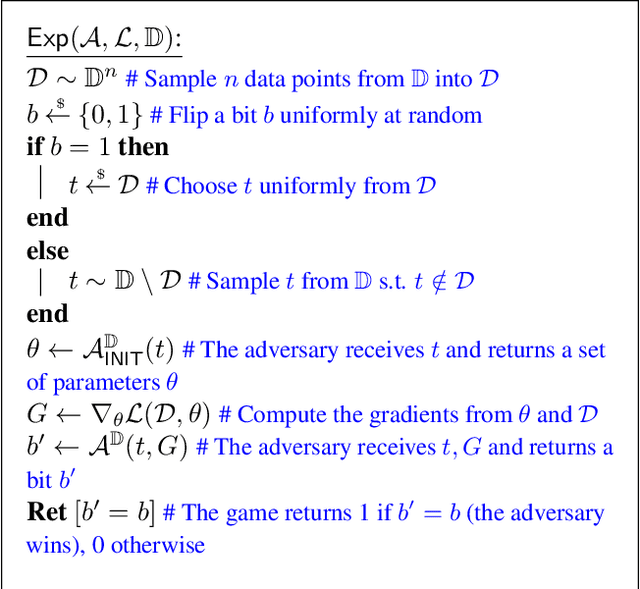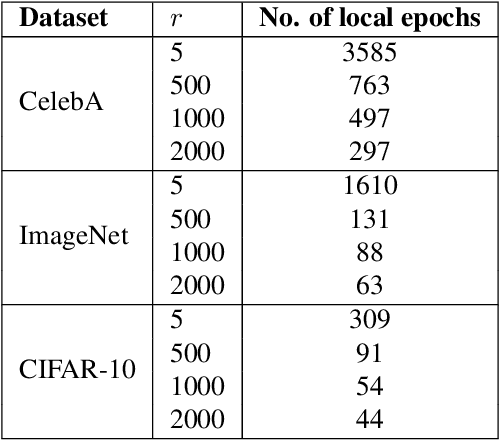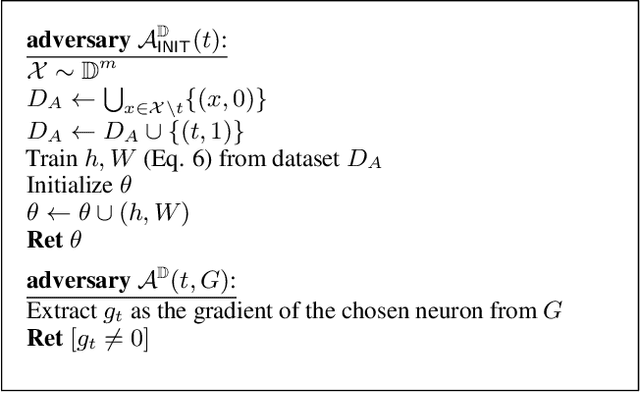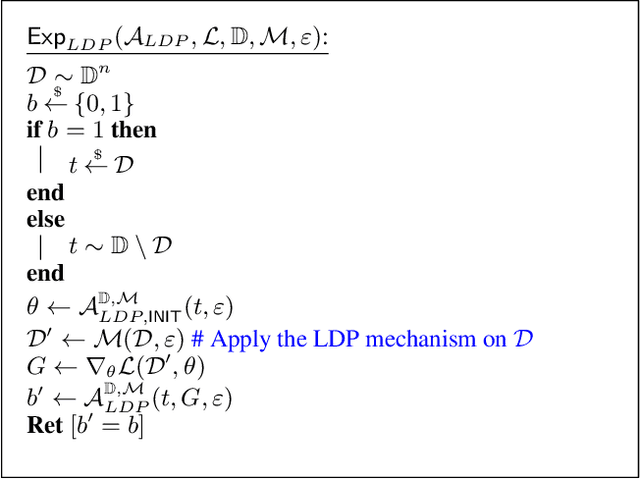Active Membership Inference Attack under Local Differential Privacy in Federated Learning
Paper and Code
Feb 24, 2023



Federated learning (FL) was originally regarded as a framework for collaborative learning among clients with data privacy protection through a coordinating server. In this paper, we propose a new active membership inference (AMI) attack carried out by a dishonest server in FL. In AMI attacks, the server crafts and embeds malicious parameters into global models to effectively infer whether a target data sample is included in a client's private training data or not. By exploiting the correlation among data features through a non-linear decision boundary, AMI attacks with a certified guarantee of success can achieve severely high success rates under rigorous local differential privacy (LDP) protection; thereby exposing clients' training data to significant privacy risk. Theoretical and experimental results on several benchmark datasets show that adding sufficient privacy-preserving noise to prevent our attack would significantly damage FL's model utility.
 Add to Chrome
Add to Chrome Add to Firefox
Add to Firefox Add to Edge
Add to Edge